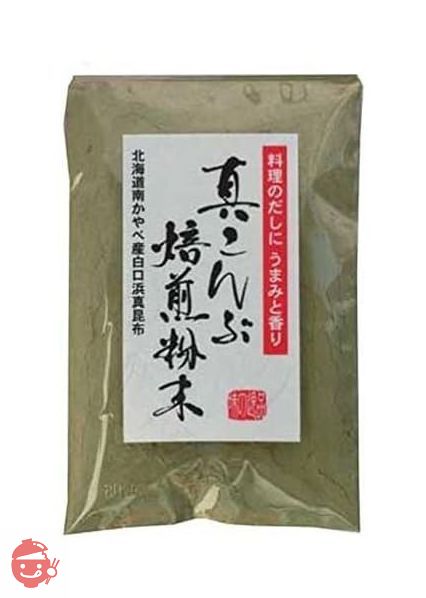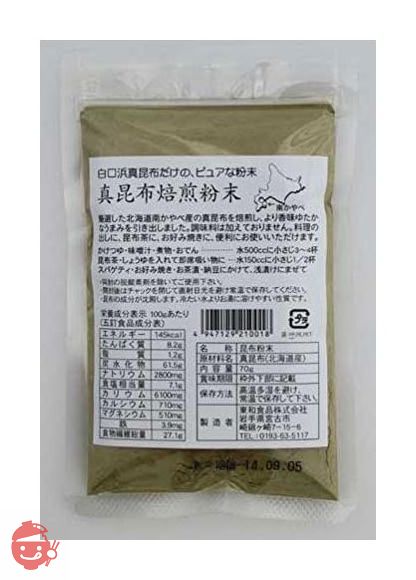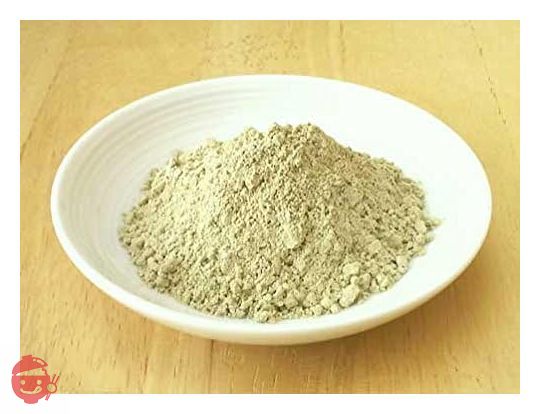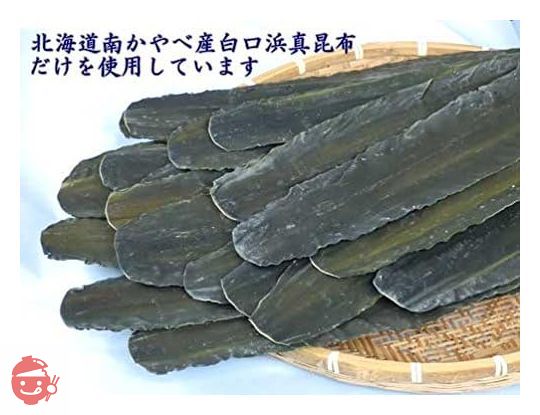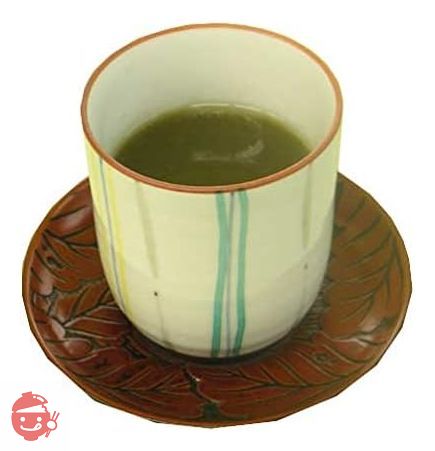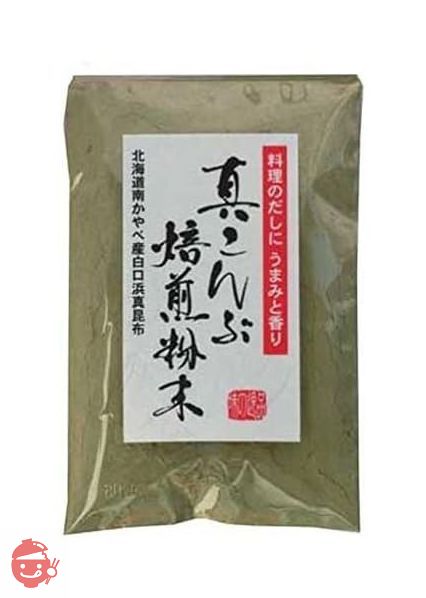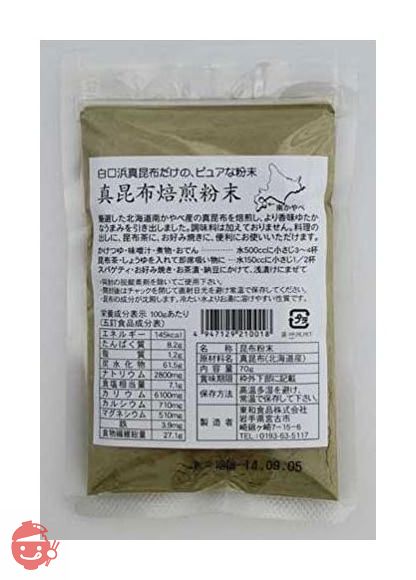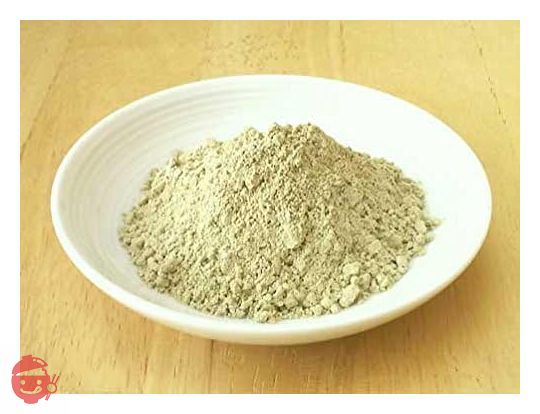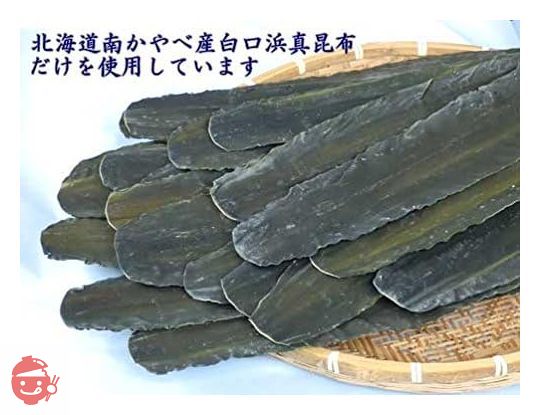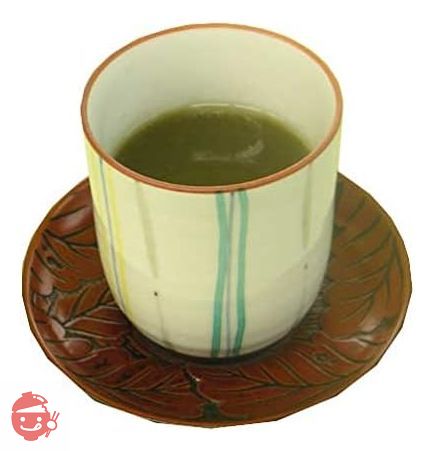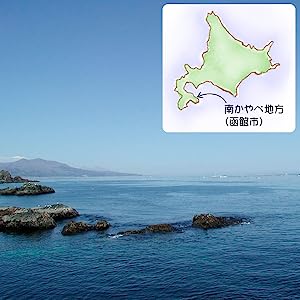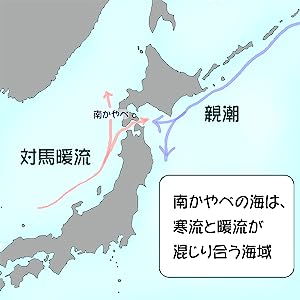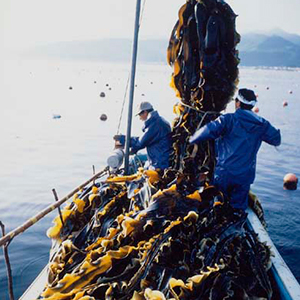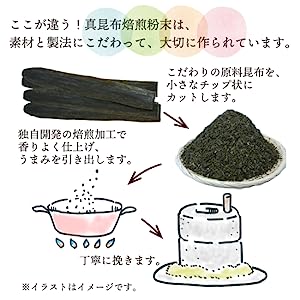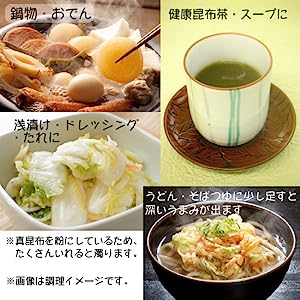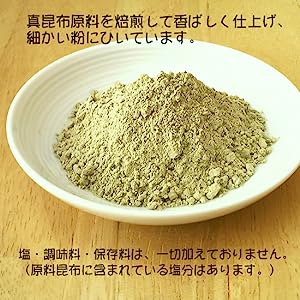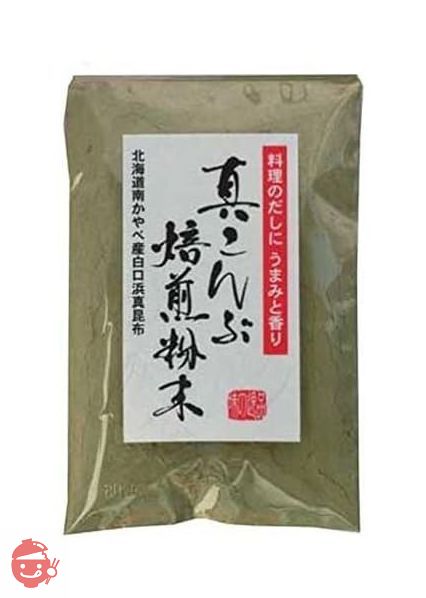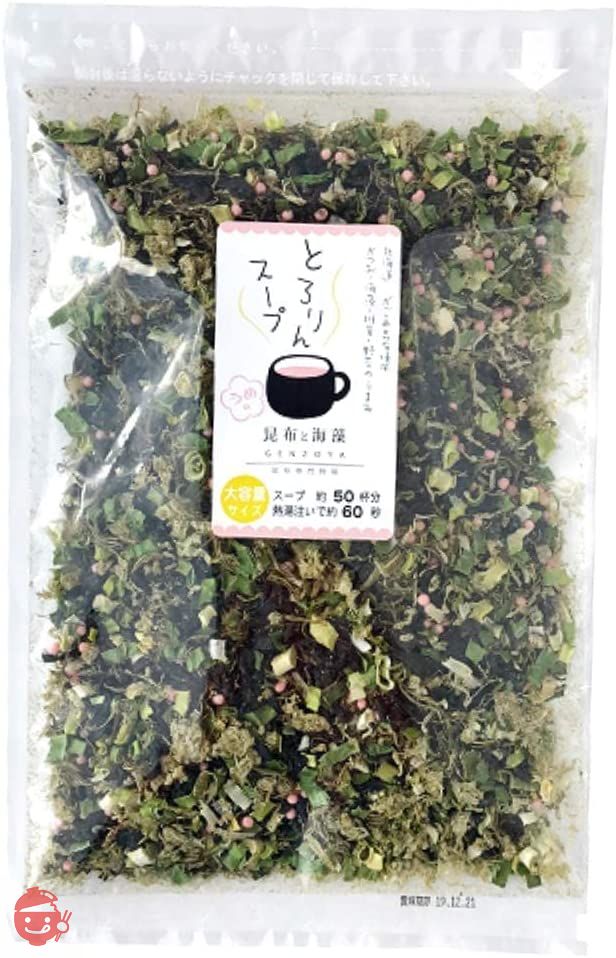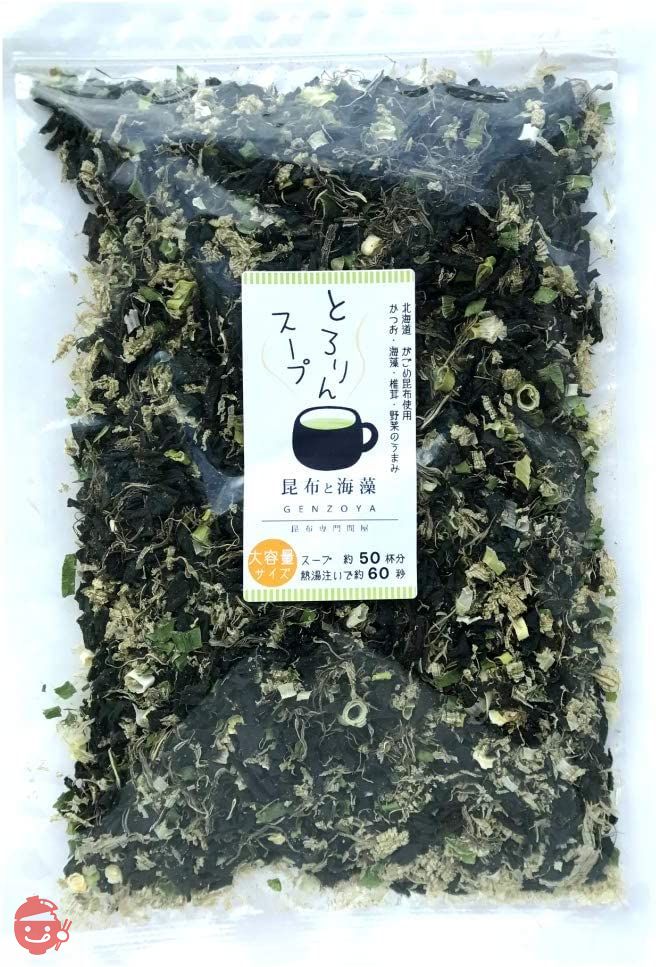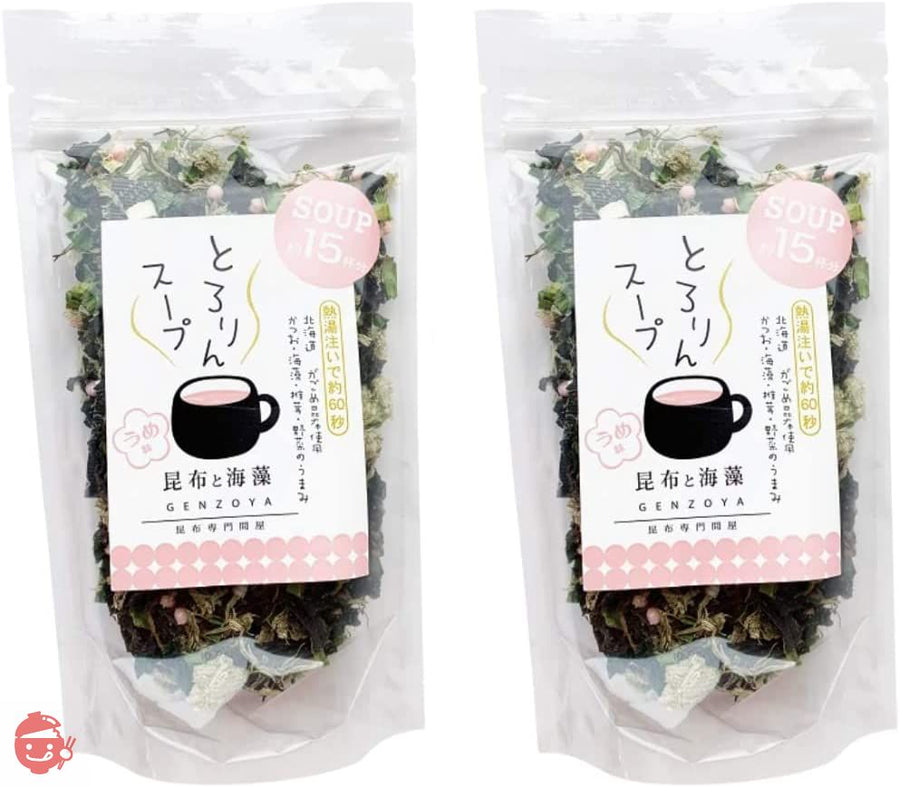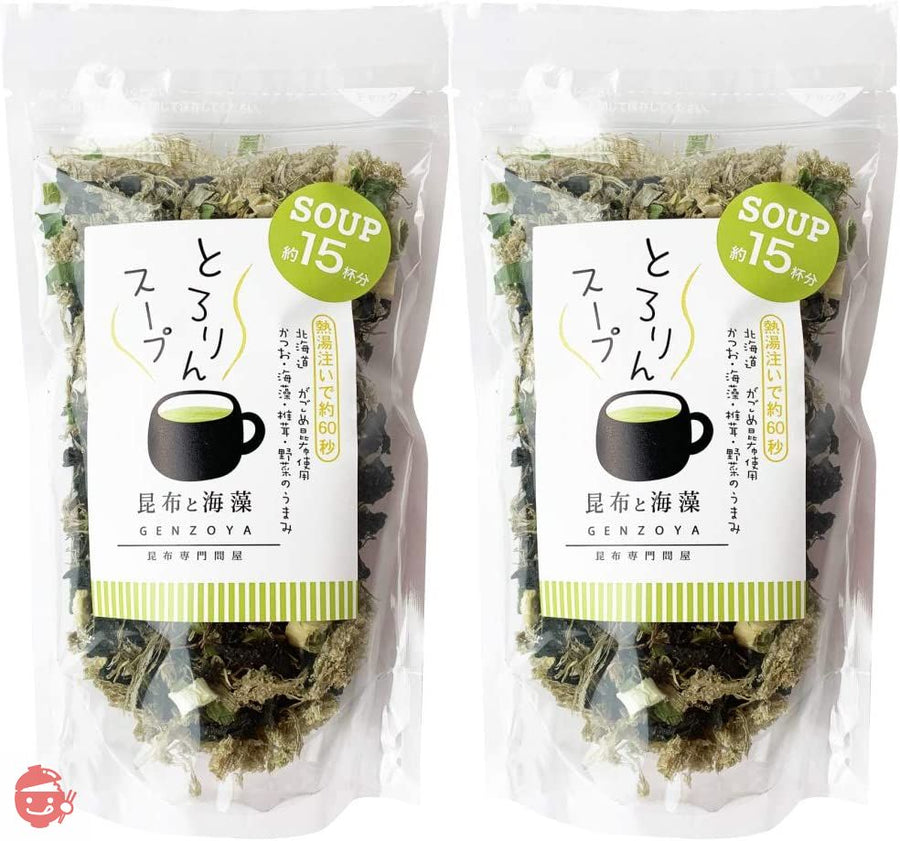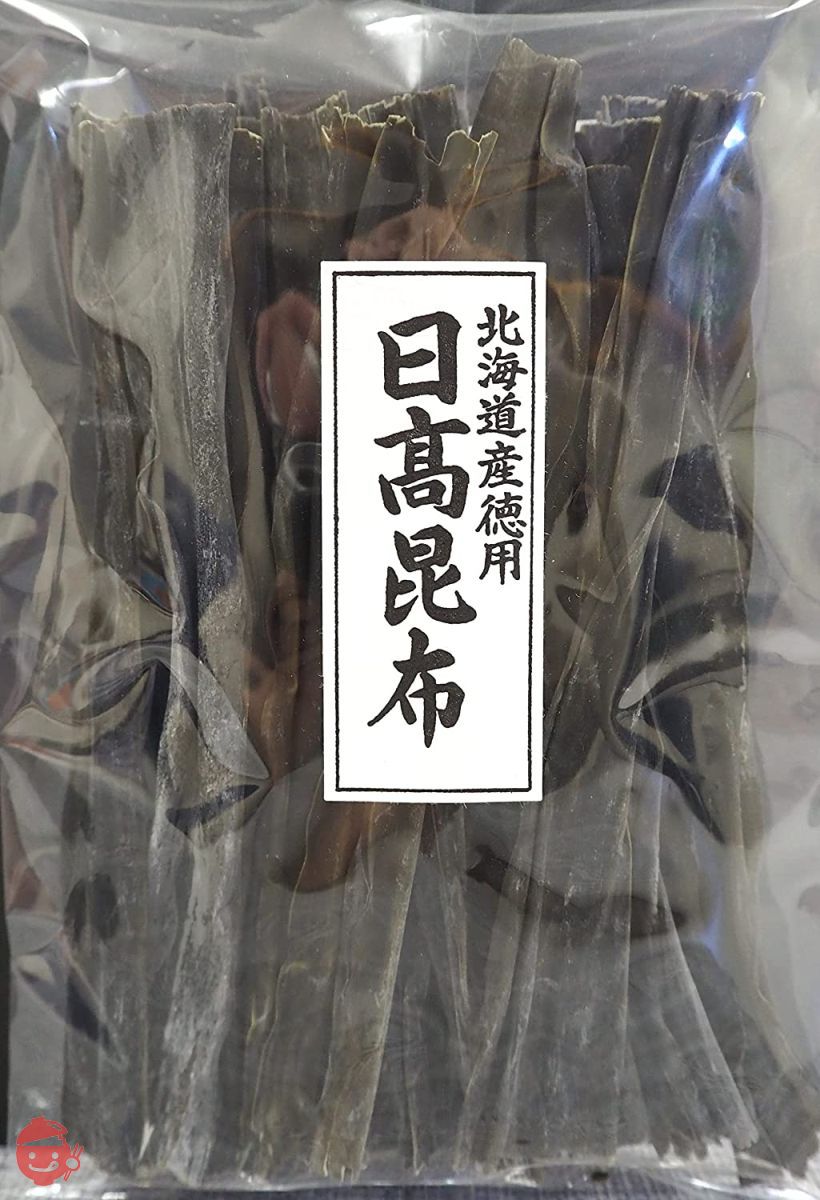Calories: 145Kcal
Ingredients: Makonbu Product size (width x depth x height): 100 x 20 x 160 mm
Brand Name: Towa Foods
Caution (Disclaimer) > Please read
We strive to provide accurate product information, but on rare occasions manufacturers change ingredients without prior notice. Therefore, the actual product may differ from the description on the website, so please be sure to check the product label and precautions before use. In addition, the place of origin of fresh foods such as vegetables and fruits may change depending on the season and production conditions. The image is an image. Please note that the actual product and packaging may differ. Consume fresh foods such as vegetables, fruits, meat, and fish as soon as possible after purchase.
Note : The product information on this site is for your reference in selecting products and is not intended to replace the opinions of doctors, pharmacists and other qualified professionals. Before use, be sure to check the product label and precautions that you receive. This product information cannot be used for self-diagnosis to cure illness. If you have allergies or are pregnant, please consult your doctor before purchasing.
| brand | Towa Foods |
|---|---|
| product size | 2.01 x 16 x 10.01cm; 70g |
| Production area (region) | Hokkaido region |
| Production area (prefecture) | Hokkaido |
| By growth stage | 3 years old or older |
| Container type | pack |
| Maker | Towa Foods |
| Country of Origin | Japan |
| Product weight | 70 grams |
Makonbu is a traditional ingredient that supports the umami of Japanese cuisine.
|
|
|
|---|---|---|
What is Makonbu?Makonbu is a large, thick kelp that grows in the Southern Hokkaido region. The roasted Makonbu powder uses Shirakuchihama Makonbu, which is harvested in the southern Kayabe region of Hokkaido. In the Edo period, kombu was transported to the Hokuriku and Kinki regions on Kitamaebune ships, supporting the flavor of Japanese cuisine. It is a traditional food culture that uses makombu seaweed to make a thick soup stock and mixes it with seasonal ingredients. |
South Kayabe SeaThe sea of Minami-Kayabe, where Makonbu is produced, is a mixture of the Oyashio Current (cold current) and the Tsushima warm current, and river water pours in from rich forests. Blessed with water temperature and nutrients suitable for the growth of makombu. Kombu grows slowly in the sea under the sunlight. |
harvesting and tailoringMinami-Kayabe fishermen grow makombu from small seedlings, take care of them, and harvest them in July and August every year. From early morning until late at night, the whole family gathers, cleans, and hangs to dry. After the harvest season, the dried kombu is re-steamed to smooth out the wrinkles (noshi process), and the kombu is trimmed to specific specifications. All kombu is inspected by the Hokkaido Fisheries Inspection Association. |
Manufacturing method, usage, etc.
|
|
|
|---|---|---|
Proprietary manufacturing method (cutting, roasting)The makombu raw material is finely cut and roasted using a uniquely researched roasting method that brings out the aroma and flavor. and grind it into a fine powder. |
UsageJust add a little bit at a time to the dish. Combining different umami ingredients such as kelp, bonito flakes, fish, shellfish, shiitake mushrooms, and meat creates a synergistic effect of umami, resulting in a much deeper flavor. The kelp itself is finely ground, so if you add a lot of it, the soup will become cloudy. Please use a little at a time and see how it goes. |
Makonbu Roasted Powder (Precautions)No salt, seasonings or additives are added. Kombu seaweed originally contains salt, so roasted makombu powder has salt content. Kelp contains iodine. People with thyroid disease should refrain from consuming kombu. |
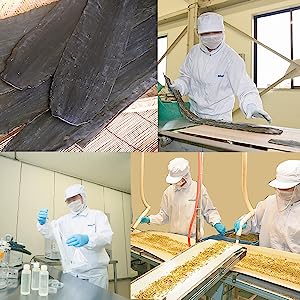
Message from the manufacturer
I think many people have an image of kombu, such as "I don't know how to use it", "it takes time" and "it's troublesome".
Towa Shokuhin aims to provide kelp in an easy-to-use form to make daily meals more delicious and healthier.
I would like people to enjoy the delicious taste of kombu more easily by incorporating it into their cooking.
For that reason, we have independently researched how to shave, cut, and roast kelp, and have developed manufacturing machines. We are particular about raw materials, and with the cooperation of the Hokkaido Minamikayabe Fisheries Cooperative Association, we are able to stably purchase kelp raw materials.
"Hana-kezuri konbu", "katsuo konbu" and "roasted makombu powder" are original products made only by Towa Foods, which make traditional umami into a convenient and easy-to-use form.
●After placing your order, it will normally be delivered within 7 to 14 days. Delivery may take some time due to delivery conditions such as busy times or bad weather. Please note.
●All products we send will be shipped as "personal imports", so the importer will be the purchaser.
●It is possible to deliver to business addresses such as workplaces and commercial facilities, but since this is a personal import, we can only ship to those who can provide the importer's (purchaser's) address, phone number, and name. .
●In rare cases, a product may not be able to be shipped due to customs regulations. Please note that this is out of our control, so we will contact you in that case.
●After placing your order, there is a possibility that the item may be out of stock due to time differences. We will contact you in that case.
●If delivery is not possible due to incorrect delivery address, long-term absence, etc., we will not be able to refund the product price.
●All products are written in Japanese only.



